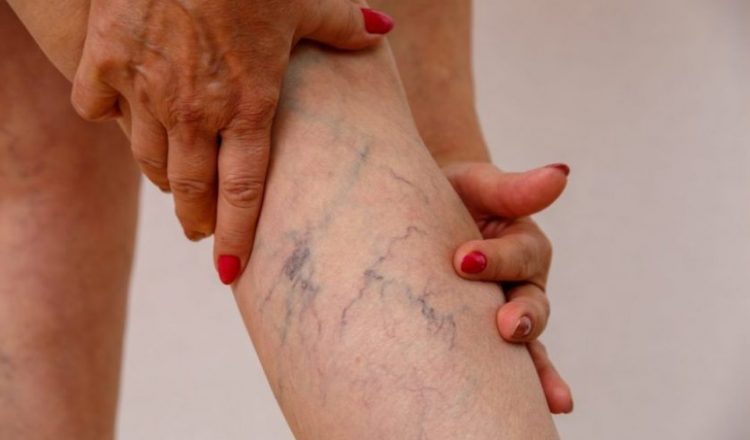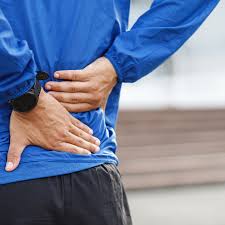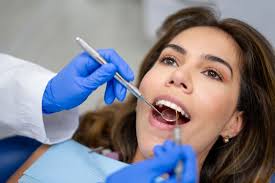What are The Symptoms of Venous Disease?
Veins are thin-wall-like structures that keep blood flowing in one direction inside a set of valves. These damaged vein walls interfere with the circulatory system and allow blood to pool and flow backward when the muscles are resting. This begins an unusually high-pressure buildup in the veins. This buildup causes additional stretching and twisting of the veins, increasing swelling, lagging (slow) blood flow, and blood clot formation. Someday, this condition may lead to different conditions known as venous disease.
The main Symptoms include:
When you do not feel any pain, the signs of varicose veins may include:
- Veins will change into dark purple or blue if you have varicose veins.
- The appearance of veins feels twisted and bulging.
When painful signs and symptoms occur, they might include:
- Tiredness or heavy feeling in the legs.
- Experiencing burning, throbbing, muscle cramping, and swelling in legs.
- Unbearable pain after sitting or standing for a long time.
- Itching in one or more of the veins.
- A slight change in skin color around a varicose vein.
The symptoms of spider veins are similar to varicose veins, but they appear smaller in size. Spider veins appear to be red or blue and occur near the skin. These can occur on the legs and the face, constantly looking like a spider’s web.
“What Doctor Treats Varicose Veins?” Or “What kind of doctor specializes in veins?“
The Vein specialist is a doctor who can treat vein diseases in a Cardiovascular Associates unit specializing in treating vein disease. A medical physician specializing in venous deficiency is a vein specialist, and Varicose veins are the underlying condition for venous insufficiency.
Surgical alternatives for treating varicose veins include the following:
Sclerotherapy is an option for varicose veins. In this procedure, the vein specialist injects a small to medium size chemical solution that scars those varicose veins. This process helps close the damaged veins and forces your blood to forward to healthier blood vessels.
Laser therapy and other developing technologies are among the substitute alternatives.
Surgical ligation is tying off the vein and removing (stripping) the varicose vein, which is the definitive therapy in extreme cases, and the other veins balance for the missing ones.
Non-surgical care for thrombophlebitis may include:
If thrombophlebitis is the diagnosis, your specialist will advise you to be up and active for your following appointments. Your specialist will also check your disease frequently to ensure that no blood clot is progressing.
Patients who suffer from deep-vein thrombophlebitis may need hospitalization, though some patients can be seen on an outpatient basis. A patient must take bed rest, and elevation of the affected limb are vital. Your doctor will prescribe an anti-clotting prescription, to be given intravenously for seven to ten days, and offers outpatients anti-clotting pills.
The doctor may plant a small filter in the central vein of your waistline to deter clotting in the legs from going to the lung.
Conclusion:
Therefore, your doctor may recommend special elastic support stockings to prevent blood from pooling in the veins. These are enlarged veins that can cause itching, pain, and swelling in the legs. You may consult your doctor for the best treatment to diagnose these veins.
recommended for you
SUBSCRIBE, SAVE & BE HAPPY
Be the first to know about new products, sales and specials!







